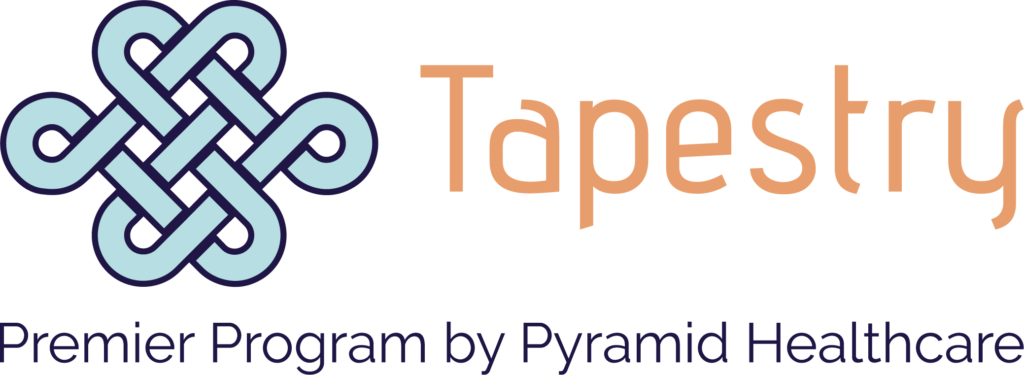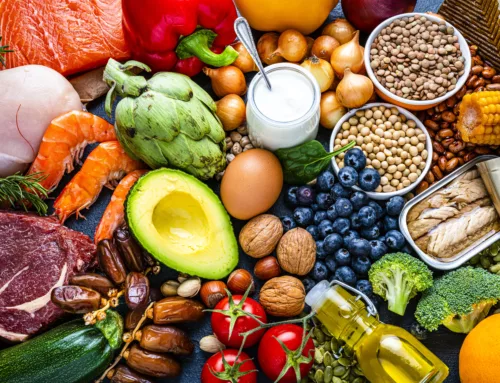Fruit is sweet and delicious, and it’s packed with vitamins and minerals. The dazzling diversity of colors, shapes, sizes, and nutrient contents of fruit provides a multitude of choices when meal planning. When it comes to aiding recovery from an eating disorder, some fruits are particularly beneficial. These four fruit selections can have far-reaching benefits for recovery.
Fruits and Their Benefits
1. Bananas to lift the mood
Maintaining a stable mood is central to successful recovery. Bananas are rife with vitamin B6 and tryptophan, an amino acid that plays a key role in mood. The carbohydrates in bananas help the brain absorb the tryptophan, and the B6 helps convert it into the mood-enhancing hormone serotonin. Serotonin also helps normalize sleep cycles.
2. Citrus to boost immunity
Recovery requires a lot of mental energy, and maintaining good health is crucial for staying focused on getting well. Oranges can help keep your body supplied with immune-boosting vitamin C. According to a study by German researchers, several cells of the immune system can accumulate vitamin C, and many, including phagocytes and t-cells, need it to perform their functions. A vitamin C deficiency can reduce resistance to some illnesses, while an abundance of it enhances the immune system.1
3. Blueberries for fiber
Blueberries are well-known to have a high antioxidant content. They’re particularly useful when it comes to boosting energy. Blueberries contain a lot of fiber, which means they deliver energy to your cells more slowly than fruits with less fiber. A cup of blueberries contains nearly four grams of fiber, and it provides you with 25 percent of your daily vitamin C needs.
4. Avocado for brain health
Long-term recovery depends on mindfulness, focus, mood, and clarity. These all require healthy brain function, and avocados promote blood flow to the brain. According to Harvard Medical School, avocados provide the brain with healthy fats that promote optimal cognitive function, including memory, learning, processing, and concentration.2
How Much Fruit Should You Eat?
The amount of fruit you should eat each day depends on several factors, including your gender, age, and level of physical activity. Talk to your dietitian about how to fit fruit into your balanced diet.
Resources






